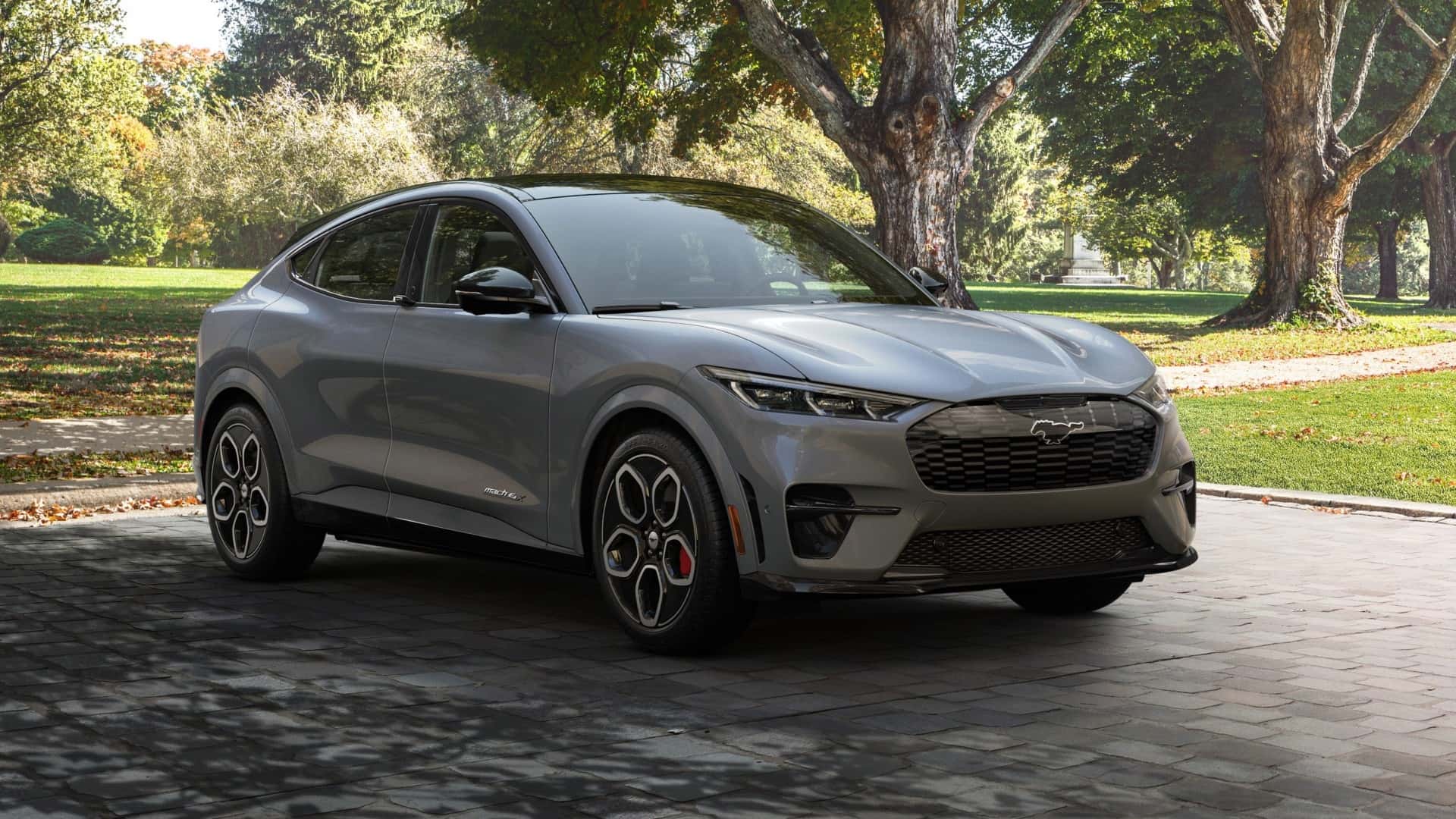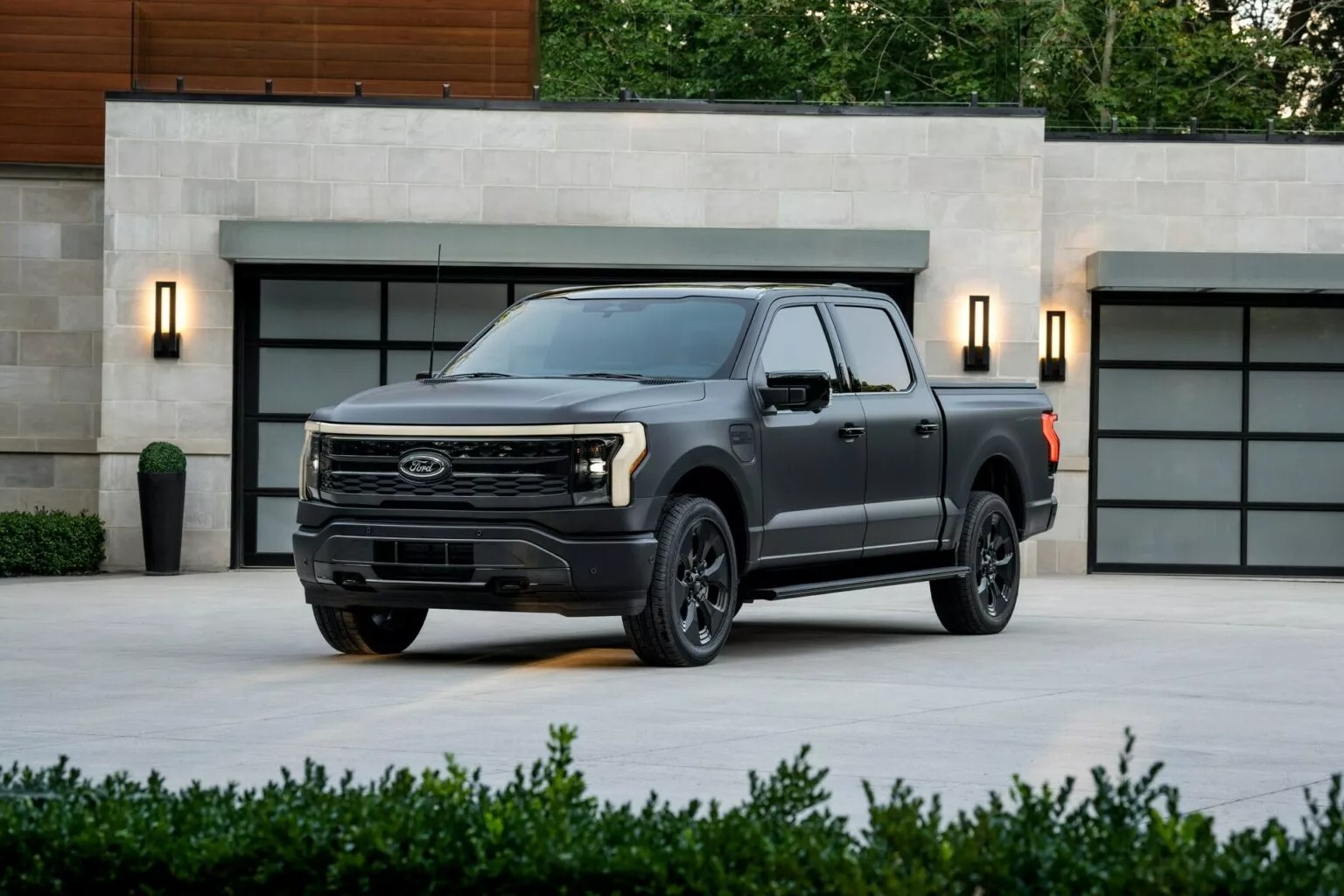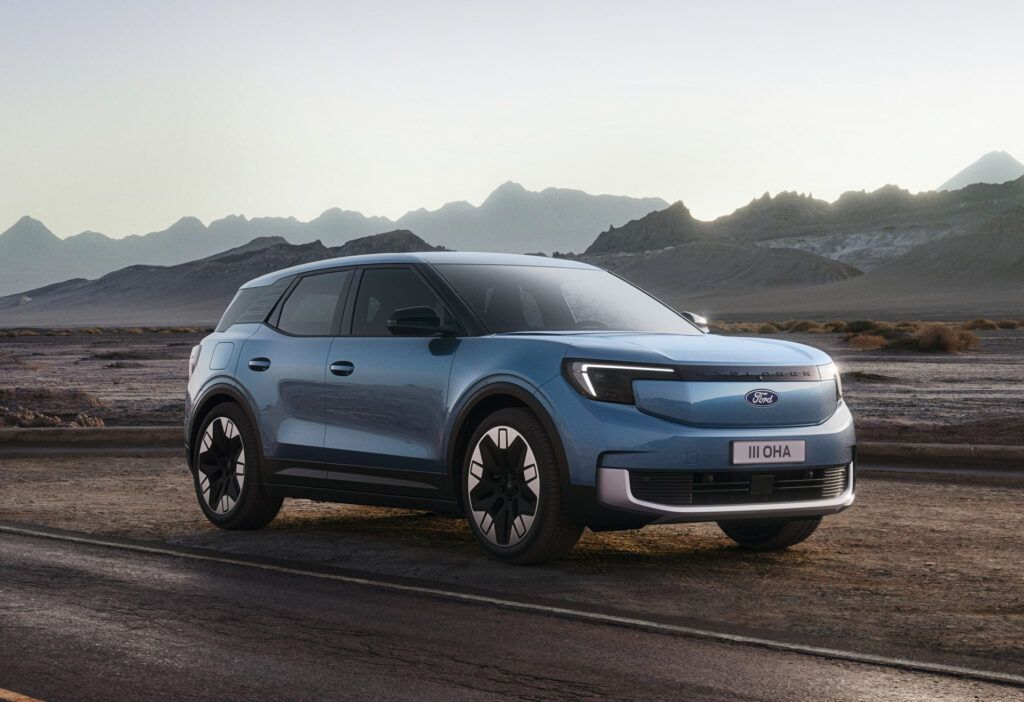In a strategic maneuver reflecting the shifting landscape of the automotive industry, Ford is bidding farewell to three of its gas-powered stalwarts – the Escape, Edge, and Transit Connect models. This decision marks the American automaker’s resolute step toward clearing the road for its new wave of electric vehicles (EVs), underpinned by an in-house developed EV platform.
Ford’s Chief Executive Officer, Jim Farley, confirmed earlier this year that the company was diligently working on an internal EV architecture, known as Project T3 (Trust The Truck). This platform will serve as the foundation for a forthcoming full-size electric pickup and a three-row SUV, designed to cater to the evolving preferences of modern consumers.
See also: Ford Pro Unveils Enhanced EV Charging Lineup for Commercial Fleets
Drawing inspiration from the team’s remarkable efforts in crafting an electric truck tailored for the digital age, Project T3 is poised to revolutionize the traditional concept of a pickup. Boasting capabilities ranging from towing and hauling to power exportation, the upcoming electric truck envisions novel innovations in the automotive landscape. Farley aptly likened it to the iconic Millennium Falcon, “with a back porch attached.” Ford’s ambitious undertaking will see the truck being manufactured at the sprawling BlueOval City complex in Tennessee, spanning nearly six square miles.

Amidst this electrifying evolution, Ford is embarking on a substantial transformation of its Oakville assembly plant in Ontario. With the conversion earmarked for EV and battery pack production, the facility will assume a pivotal role in Ford’s transition toward electrification. This endeavor aligns with the automaker’s strategic blueprint, involving the seamless transport of battery cells and arrays from the BlueOval City hub to the reconfigured Oakville plant, streamlining the production process.
See also: Ford’s Mustang Mach-E Accelerates into Fall 2023 with Unmissable Lease Deals and Incentives
The decision to retire the gas-powered Escape, Edge, and Transit Connect models is emblematic of Ford’s commitment to embracing the future of mobility. As the curtain closes on these classic models, a new chapter unfolds. This development comes on the heels of Ford’s recent conclusion of the long-standing Fiesta production, spanning an impressive 47 years and eight generations. The cessation of Fiesta manufacturing at the Cologne plant in Germany facilitated the company’s preparations for producing the new electric Explorer.
Notably, the fully electric Explorer SUV made its debut with an enticing starting price of under $50,000 (€45,000), although its initial release was confined to the European market. Ford’s Capital Market Day provided insights into the company’s future roadmap, with Farley unveiling plans for a capacious three-row electric SUV. Anticipated to boast a range of up to 350 miles, this new addition aims to captivate discerning consumers seeking spacious interiors and extended electric range.

Despite encountering some speed bumps in its EV rollout journey, Ford remains steadfast. The introduction of the F-150 Lightning, Mustang Mach-E, and E-Transit electric van in the US underscores the company’s commitment to electrification. However, challenges this year, including a slower pace of EV adoption than initially projected, have prompted Ford to adjust its goals. Farley announced during Q2 earnings that the company’s target of achieving a 600,000 run rate for EVs will now be realized in the upcoming year. Furthermore, the European launch of the electric Explorer has been postponed to the following summer.
Nevertheless, Ford views these hurdles as opportunities. Farley expressed confidence that this temporary deceleration will prove advantageous for early movers like Ford. The automaker’s focus on second-generation products is anticipated to drive higher profitability and streamlined production processes, as it navigates the transformative currents of the evolving automotive landscape.

